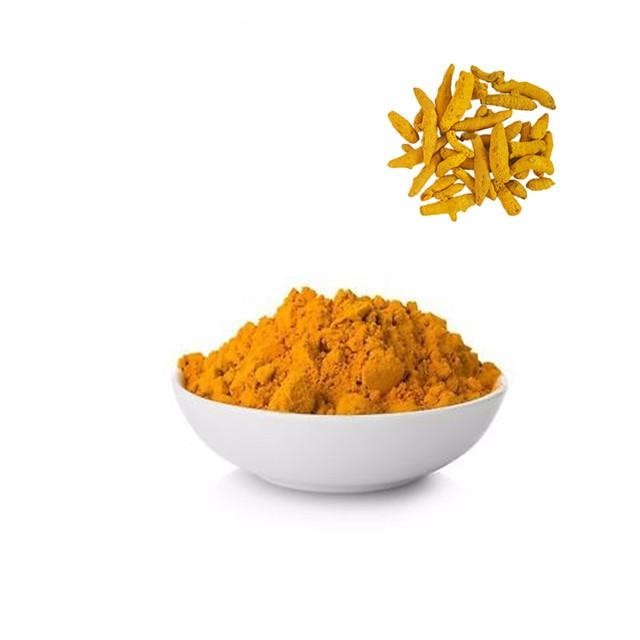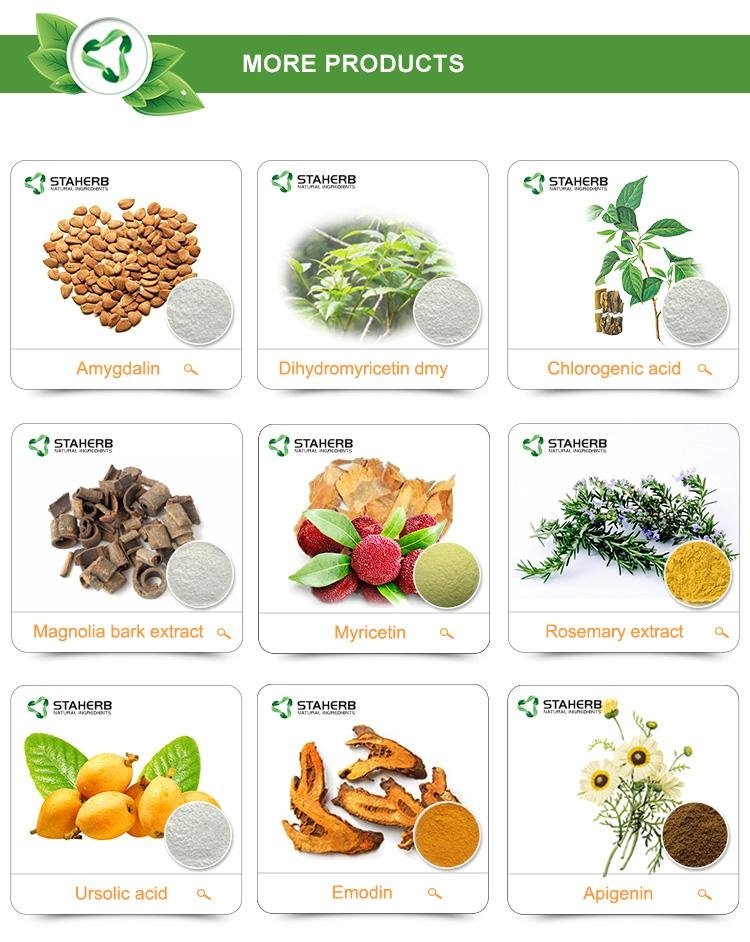-
1.Reddy AR, Dinesh P, Prabhakar AS, Umasankar K, Shireesha B, Raju MB (2013) A comprehensive review on sar of curcumin. Mini Rev Med Chem 13:1769–1777
-
2.Reuter S, Eifes S, Dicato M, Aggarwal BB, Diederich M (2008) Modulation of anti-apoptotic and survival pathways by curcumin as a strategy to induce apoptosis in cancer cells. Biochem Pharmacol 76:1340–1351
-
3.Reuter S, Charlet J, Juncker T, Teiten MH, Dicato M, Diederich M (2009) Effect of curcumin on nuclear factor kappab signaling pathways in human chronic myelogenous k562 leukemia cells. Ann N Y Acad Sci 1171:436–447
-
4.Teiten MH, Eifes S, Reuter S, Duvoix A, Dicato M, Diederich M (2009) Gene expression profiling related to anti-inflammatory properties of curcumin in k562 leukemia cells. Ann N Y Acad Sci 1171:391–398
-
5.Teiten MH, Eifes S, Dicato M, Diederich M (2010) Curcumin-the paradigm of a multi-target natural compound with applications in cancer prevention and treatment. Toxins (Basel) 2:128–162
-
6.Teiten MH, Gaascht F, Cronauer M, Henry E, Dicato M, Diederich M (2011) Anti-proliferative potential of curcumin in androgen-dependent prostate cancer cells occurs through modulation of the wingless signaling pathway. Int J Oncol 38:603–611
-
7.Teiten MH, Gaigneaux A, Chateauvieux S, Billing AM, Planchon S, Fack F, Renaut J, Mack F, Muller CP, Dicato M et al (2012) Identification of differentially expressed proteins in curcumin-treated prostate cancer cell lines. Omics 16:289–300
-
8.Teiten MH, Dicato M, Diederich M (2013) Curcumin as a regulator of epigenetic events. Mol Nutr Food Res 57:1619–1629
-
9.Teiten MH, Dicato M, Diederich M (2014) Hybrid curcumin compounds a new strategy for cancer treatment. Molecules 19:20839–20863

姜黄素
品名:姜黄提取物
有效成分:姜黄素
CAS号.:458-37-7
规格:95%
外观:橙黄色粉末
植物来源:姜黄根
检测方式:HPLC

生姜提取物的药理作用研究
药理作用研究
1.促进消化功能有学者研究发现生姜作为食用香料使用时,能明显增加唾液的分泌量,增强淀粉酶活性;生姜提取物中姜黄素能显著提高小鼠小肠消化酶活性,尤其多糖和低聚糖的裂解酶活性具有明显的增强作用,从而促进消化功能,另外生姜对胃黏膜的刺激和化学性损伤均有保护作用。
2.改善血液循环功能实验研究表明,生姜乙醇提取物能显著改善实验家兔的血脂质量,减少动脉粥样硬化性改变。生姜醇提取物亦能明显抑制由二磷酸腺苷诱导的血小板聚集,延缓血液凝固。生姜提取物可以阻止脂蛋白浸入动脉壁,改善血管结构,调整胆固醇的转化,促进高密度脂蛋白的转运功能,促进胆囊排泄胆固醇的功能,是具有开发前景的动脉粥样硬化的抑制剂。
3.缓解前庭刺激症状前庭刺激能引发晕动病,表现为恶心、呕吐,全身不适,如晕船晕车等。研究发现姜粉有很好的预防晕动病的功能,延缓胃肠道反应,改善主观感觉;研究发现生姜与东莨菪碱具有相似的抗晕动病效果,且作用较强。另外,生姜有止呕吐的作用,能缓解肿瘤患者化疗后的呕吐症状,咀嚼鲜生姜片配合西药治疗呕吐的效果很好,此法还具有缓解口干、预防口腔溃疡的作用,且简单易行、安全可靠。
产品详询:13657416805
